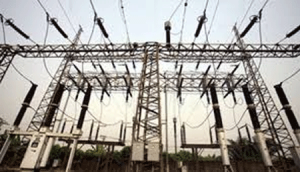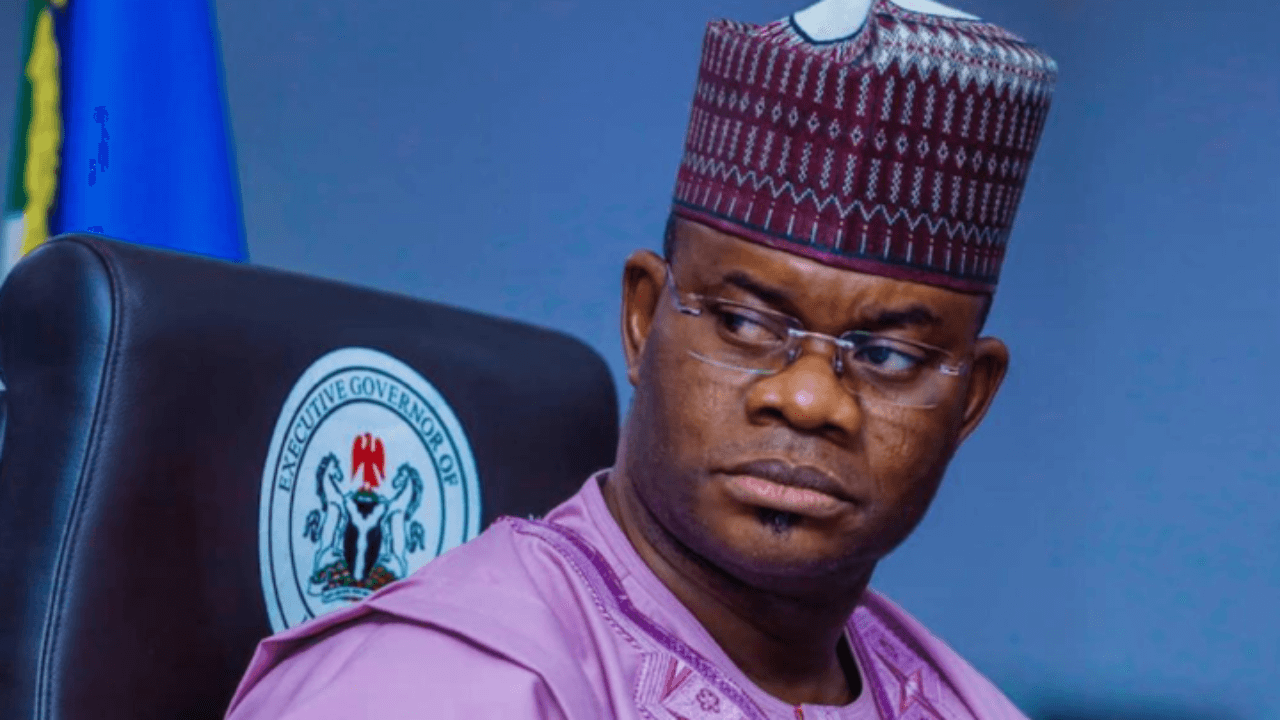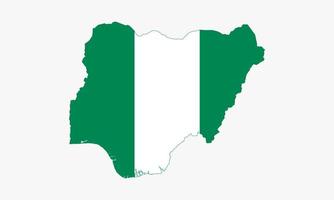By Winifred Bulus
 Kaduna (Nigeria) — Michael, a haircut salon owner in Kaduna city, NorthWest Nigeria, relies on electricity to run his business, but epileptic power supply in the country has hampered the growth of his business. The situation has forced him to rely on alternative power generating set to go about his business.
Kaduna (Nigeria) — Michael, a haircut salon owner in Kaduna city, NorthWest Nigeria, relies on electricity to run his business, but epileptic power supply in the country has hampered the growth of his business. The situation has forced him to rely on alternative power generating set to go about his business.
“We have issues with light because at times there is a fault or power outage, he told AFRICA PRIME NEWS. “so I have to get a generator as back up even though my shop is close to the Power Holding Company of Nigeria [the electricity company in Nigeria].”
Ojone Aduku, another business owner in Abuja, Nigeria’s capital, who is an interior decorator and caterer says, “sometimes I have to use old method of preservation to preserve food items and have used phones to decorate at night”
Stories like these are common in Nigeria where citizens spend hours and days without electricity supply, yet paying the utility company for power not consumed. The citizens have generally resorted to relying on alternative source of power to run their businesses and home appliances.
The erratic supply has destroyed gadgets, appliances, and increased the cost of production for businesses.
International Journal of Engineering Science Invention 2014 (online), reports that, “There is inefficiency in power generation, transmission, distribution and consumption in Nigeria.”
Energy Demand in Nigeria
About 50,000MW is required to adequately light up Nigeria, but it is currently generating 2,500 MW as recorded by the Transmission Company of Nigeria (TCN).
Sometime in February, the (TCN) released a statement saying, “The System Operator, TCN, is pleased to announce the attainment of a new record peak generation of 5,074.7MW and also the highest maximum daily energy wheeled nationwide of 109,372MWH” adding that, the new peak generation of 5,074.7MW was attained.
Despite the poor generation and supply, the utility company has been charging Nigerian higher for services not rendered. This was attested to by President of the Manufacturers Association of Nigeria, Frank Jacobs in a paper review when he said, “In spite of the poor energy situation in the country, Nigerian Electricity Regulatory Commission (NERC) has maintained increased electricity charges not considering its implication on economy especially the productive sector.”
“The new prepaid billing system where electricity units are paid for in advance by buying meter tokens or PINS which would be used to recharge electricity meters has not helped the situation because users have complained that it has failed, that some users have gone back to the postpaid billing system. One of such people confessed that;
“The prepaid billing system is more expensive and we had to go back to the prepaid system which is also expensive but better.” Minster of Power, Works and Housing, Babatunde Fashola, said
“The country has today the capacity to generate at least 12,000 MW. If we fix all what is not working in the industry, including building any new power plant, the country would be generating close to 12,000 MW”.
Efforts at Boosting Generation and Supply
The power utility company was at its optimum in the early and mid-80’s, but poor investment in the sector had let to decay and deterioration of generation and distribution of the commodity. The population of the country was growing, but there was no concrete plan in place for generating additional quantity to meet to the increasing need.
This led the Nigerian government under the leadership of General Ibrahim Babangida to resort to privatizing the utility agency.
Privatization in Nigeria was formally introduced by the privatisation and commercialization Decree of 1988 as part of the Structural Adjustments Programme (SAP) of the Ibrahim Babagida administration.
The Federal Government of Nigeria in (1988) through Decree No. 25 set up the Technical Committee on Privatization and Commercialisation (TCPC) of some selected enterprise such as the power sector.
Nigerian government has made countless promises on addressing the issue of electricity supply in the past and present yet, none has fulfilled any.
“Nigerians’ favourite talking point and butt of jokes is the power situation in our country. But, ladies and gentlemen, it is no longer a laughing matter. We must and by the grace of God we will put things right.”
Above, were the words uttered by President Muhammadu Buhari shortly after he took power from Jonathan, to woo Nigerians to have faith in the ability of his government to provide electricity to the nation.
His words were not too far from those proceeding him – the government of President Olusegun Obasanjo had promised Nigerians of improved power supply within six months of assumption of office – that never come to pass.
Minister of Mines and Power Bola Ige promised that within six months of his appointment, “power failure will be a thing of the past.” He also stated that; “The mission of this ministry will be to provide regular power supply throughout the federation at affordable price … It is no longer business as usual. These goals shall be pursued relentlessly and with all seriousness.”
When late President, Umaru Musa Yar’ Adua, took over the mantle of
leadership he said, “Would develop sufficient and adequate power supply to ensure Nigeria’s ability to compete as a modern economy and achieve full industrialization by the year 2015”.
His promises came to a halt when he died.
The story was no too different when President Goodluck Jonathan took over.
At the flag-0ff of The Roadmap For Power Sector Reforms, on August 26, 2010 in Lagos Jonathan said, “By God’s grace, by December 2012, Nigeria will not only celebrate one day of uninterrupted electricity supply, but we would celebrate one week, one month and so on of uninterrupted electricity supply,”
Despite huge investment in the sector, the country has remained without meaningful power generation capability; talk less of supply to citizens. In 2016 alone the country had three time witness zero generation of power – all these because of wrong policies that have continued to plague the country.
Power producing companies also known as power generators who create and sell the electricity that is delivered to your home or business by your electric distribution company.
The distribution companies play the role of delivering power to consumers and reading meters, as well as maintaining local power lines, restoring power when there is power outage. They have been blamed by many Nigerians as being the perpetrators of constant power failure in the country.






